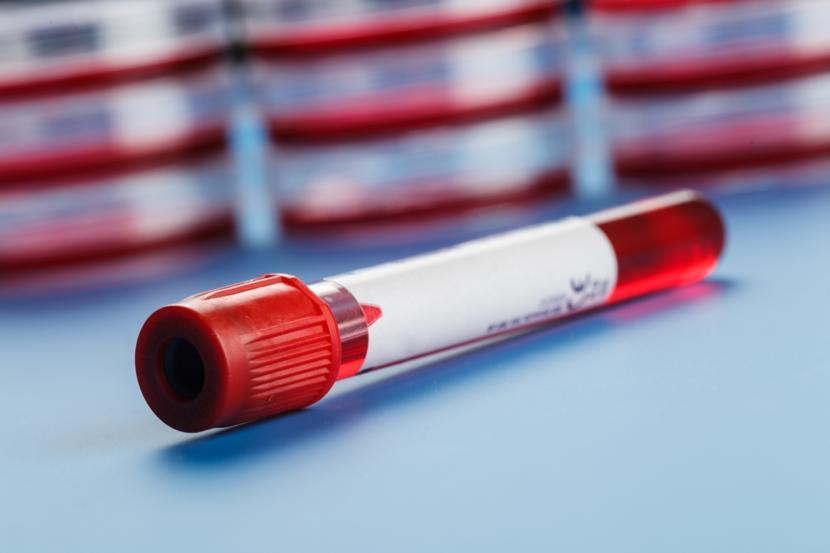How to Diagnose Crohn's Disease and Colitis Through Blood Tests

At present, blood tests alone can not diagnose Crohn’s disease and colitis, but they are significant for the process to determine diagnosis, screening, and management of Crohn’s disease and ulcerative colitis.
Differentiating between these two diseases allows for better:
1. Decision making when analyzing risks and surgery options
2. Predictions in regards to analyzing a patient's response to medical treatments
In the blood of people with Crohn’s disease, bacteria, such as Escherichia Coli( E Coli) and antibodies, and proteins, such as Brewer’s or Baker’s yeast, are present. This is not always the case with individuals who do not have this condition.
For people with ulcerative colitis, there are antibodies similar to a normal cell component in the blood.
Serologic markers, or antibody tests, are blood tests used to find the markers of a disease. For the case of Crohn’s disease and ulcerative colitis, these tests are CBir1 Flagenlin, OmpC, ASCA, and pANCA.
Ulcerative colitis is an example of inflammatory bowel diseases (IBDs). Its cause is unknown. Ulcerative colitis affects the lining of the large intestine, but rarely causes ruptures, or blockages (bowel obstruction). However, it frequently causes:
• Irritation of the eyes
• Severe diarrhea (may contain blood)
• Loss of weight
• Arthritis or pain in the joints
• Abdominal pain
• Primary sclerosing cholangitis (severe liver disorder), which may eventually result in liver cancer or cirrhosis
One of the methods used to cure ulcerative colitis is the complete removal of the large intestine (colon). This cure does not apply for Crohn’s disease.
Crohn’s disease affects the ileum (end of the small intestine). It can also cause colitis. It is very difficult to distinguish Crohn’s from ulcerative colitis, when it only affects the large intestine. However, there is one slight notable difference: ulcerative colitis tends to affect the large intestine in a continuous manner, whereas Crohn’s affects it in random spurs.
Crohn’s affects any part of the GI tract, from the mouth to the anus. The complete removal of the colon does not cure Crohn’s disease. The disease frequently causes constrictions that lead to bowel obstruction, a complication that requires surgery.
Crohn’s disease is also related to fistula, a complication in which there are abnormal connections between the intestines, the skin, and other organs. Fistula may lead to perforations that are usually treated with surgery.
Why is it important to know the difference between Crohn’s disease and ulcerative colitis? For one, medical treatments, as well as surgical approaches for these two diseases, are different. Moreover, complications that result from the two, differ.
Traditionally, the appearance of the large intestine on x-rays or colonoscopies sheds help to determine the diagnosis of Crohn’s and ulcerative colitis. This test confirms whether or not other parts of the gastrointestinal tract have been affected.
During a colonoscopy, a biopsy is obtained. Using a microscope, the physician checks the pattern of the inflammation of the lining of the intestine. When blood tests were not as available as they are today, IBD patients were thought to have indeterminate colitis, since biopsies obtained were not able to distinguish between Crohn’s disease and ulcerative colitis.
If you have been diagnosed with either Crohn’s disease or ulcerative colitis, it is important for you to undergo more tests. Tests are essential to receive stable and productive treatment. Consider going for tests if you have any unexplained blood in your stool, diarrhea, or abdominal pain. If the results of the diagnosis show that you have irritable bowel syndrome, then Crohn’s disease and ulcerative colitis can be excluded.
Studies show that about 10% of people suffering from Crohn’s disease or ulcerative colitis also have celiac disease. For this reason, patients should also consider celiac blood tests to determine more treatment options.
















